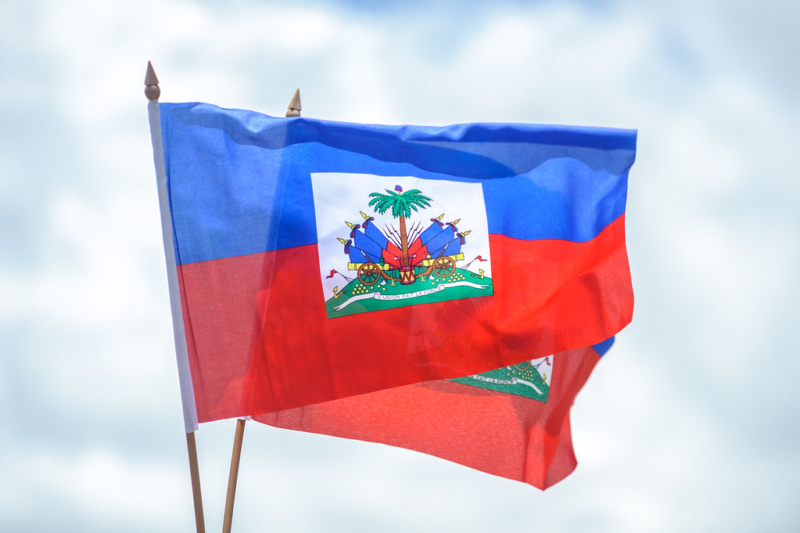New Bipartisanship Over Haiti is Promising
The sudden U.S. presidential unity on Haiti is promising, because Haiti has long been the subject of bitter partisan bickering in Washington.
Unless there is a course adjustment soon, all signs point to a catastrophic political and humanitarian crisis in Haiti. The backdrop is years of political upheaval, a collapsing economy, and—just over the past twelve months—the assassination of President Jovenel Moïse, a major earthquake, a migrant crisis (at the US-Mexico border and in Haiti), and a burgeoning violent gang universe. Nonetheless, Haiti’s diverse political leadership and its key international partners appear to be sleepwalking toward disaster.
Most perplexing is the paralyzing decision-making dynamics in two arenas:
1) The stalemate in the search for a Haitian political consensus out of the crisis: recent direct exchanges between Haiti’s interim Prime Minister, Ariel Henry, and the nominal “President” (a well-regarded former Central Bank head, Fritz Jean) of a proposed governance alternative—drawn up by the Montana Accord—has brought no relief. Neither have sessions between Henry’s own political coalition, built around an increasingly frail September 11 Accord (facing internal dissension), and the Montana Accord leadership.
2) A curiously ambivalent if not superficial stance by key foreign actors and in multilateral forums—underscored by the current policy mantra deferring to notions of a “Haitian-led solution.” That has translated into the absence of a credible US policy vision, and multilaterally with the recent half-hearted UN Security Council extension of an otherwise hollow UN Integrated Office in Haiti (BINUH).
Rather than driving toward a hoped-for “Haitian-led solution,” some of these developments appear to have mostly sowed more mistrust—and not just among Haitians. Henry’s preferred notions of a consensus governance agreement appears so far limited to a bargain he wants to control. The international community’s inertia, as well as their perceived absence of a practical governing alternative to Henry in the wake of last July’s Moïse assassination, has given Henry little incentive to do otherwise. The rub for many Haitians has been that in the wake of the collapse of the state in most areas of national governance, civil society has in recent years stepped in with broad coalitions of political actors attempting to define paths out of a succession of crisis—but to little effect in discussions with foreign capitals.
[…]
The sudden U.S. presidential unity on Haiti is promising, because Haiti has long been the subject of bitter partisan bickering in Washington.
The worldwide outpouring of support for Haitians from governments and ordinary citizens has been extraordinary. But this heroic phase of the emergency response is drawing to a close.
After a 7.0 magnitude earthquake struck Haiti, the aftershock reached China in ways that few anticipated.The earthquake forced Chinese leaders to navigate the tricky politics of disaster relief.
 (ruifo / WordPress openverse / CC BY-NC-SA 2.0)
(ruifo / WordPress openverse / CC BY-NC-SA 2.0)